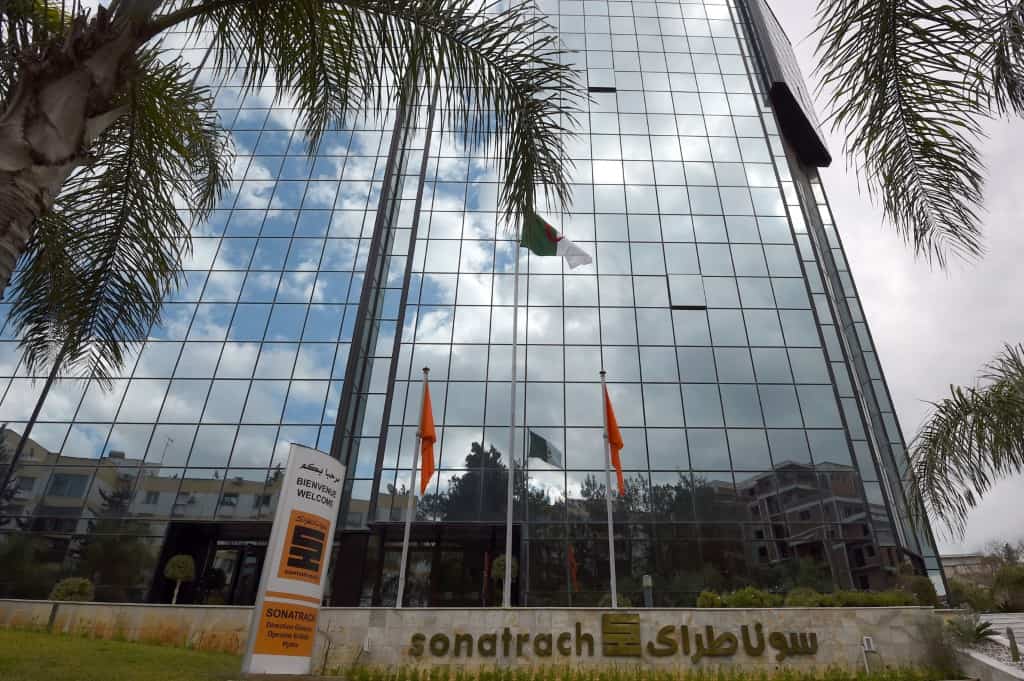Four Algerian and Chinese firms announced a nearly $7 billion deal on Tuesday to relaunch a phosphate mining project set to produce millions of tons of fertilizer annually.
Under the new deal, Algeria’s Asmidal, a subsidiary of state oil firm Sonatrach, and mining firm Manal agreed with Chinese firms Wuhuan Engineering and Tian’An to create the Algerian Chinese Fertilizers Company, the firms said in a joint statement.
The majority Algerian-owned joint stock company is to exploit the Bled El Hadba phosphate deposit in Tebessa, transform the product into fertilizer and export it via dedicated facilities at the Annaba port in the country’s far northeast.
“The company will produce about 5.4 million tons of fertilizer per year” and once the project is operational, it could create some 6,000 jobs, as well as an additional 24,000 indirectly, the statement said.
The deal comes more than three years after Algerian state energy firm Sonatrach and Chinese firm Citic announced a $6 billion deal to mine the same deposit in Tebessa province near the Tunisian border.
They had planned to boost the country’s phosphate output from one million to 10 million tonnes per year, but the project appears to have stalled and a new tender process was launched.
The administration of longtime president Abdelaziz Bouteflika, who was forced to step down in early 2019 after mass protests against his rule, oversaw the first deal.








